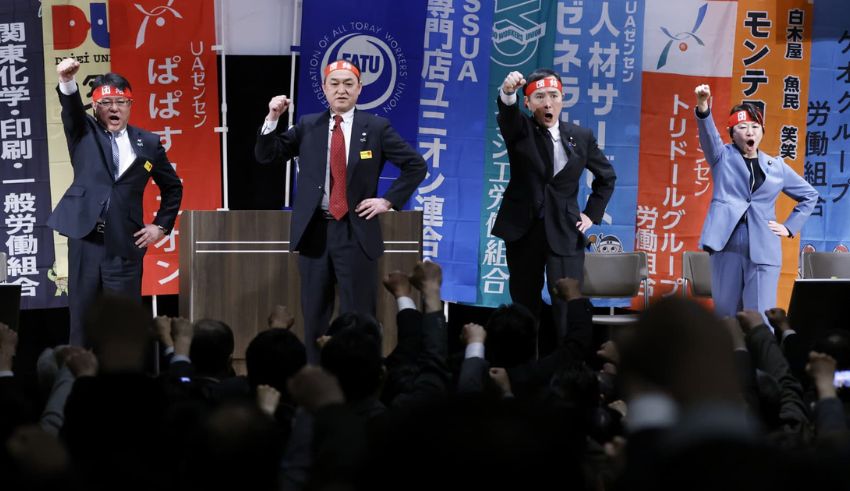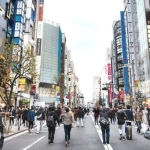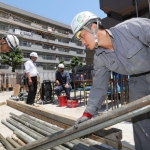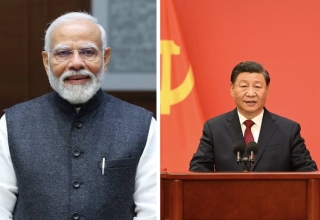
In the Land of the Rising Sun, a new dawn beckons for the workforce. The ‘Shunto’—or spring wage offensive—is a period marked by pivotal wage negotiations, and this year, it heralds a significant shift. Japanese workers are poised for the largest pay rises they’ve seen in years, a change that carries the promise of revitalizing consumer spending and stimulating the economy.
The practice of ‘Shunto’ began in 1956, a time when Japan’s postwar economy was booming. It became a period when unions would aggressively demand better wages and job conditions, often resorting to strikes. The tradition has since evolved, and today, it sets the tone for wage negotiations across industries, influencing even the smaller firms that employ the majority of Japan’s workforce.
This year, the stakes are higher than ever. With inflationary pressures mounting and a global pandemic receding into memory, there’s a palpable sense of urgency for wage growth. Japan’s largest industrial labor group, Rengo, has reported that some member unions have had their wage demands met in full, with agreements to raise pay significantly.
The Ripple Effect
The outcomes of these negotiations are far-reaching. They’re expected to influence the Bank of Japan’s decision on when to end ultra-low interest rates. Steady wage hikes are crucial for kick-starting domestic demand and keeping inflation sustainably around its 2 percent target.
Keep Reading
Despite the optimism, challenges remain. The focus on job security over the years, rather than higher pay, has been blamed for keeping Japan’s wage growth stagnant. Moreover, the rise of low-paid part-time work has put a drag on overall wage increases.
The Future Beckons
As Japan stands at this crossroads, the ‘Shunto’ of 2024 could mark a turning point. With major firms like Toyota Motor and Uniqlo parent Fast Retailing leading the way with substantial pay hikes, there’s hope that this year’s wage talks will ignite a broader trend of economic rejuvenation.
The ‘Shunto’ effect is more than just a seasonal phenomenon; it’s a barometer for the health of Japan’s economy and a beacon for the aspirations of its workers. As the negotiations unfold, the nation watches with bated breath, anticipating a brighter future that may well be on the horizon.


























